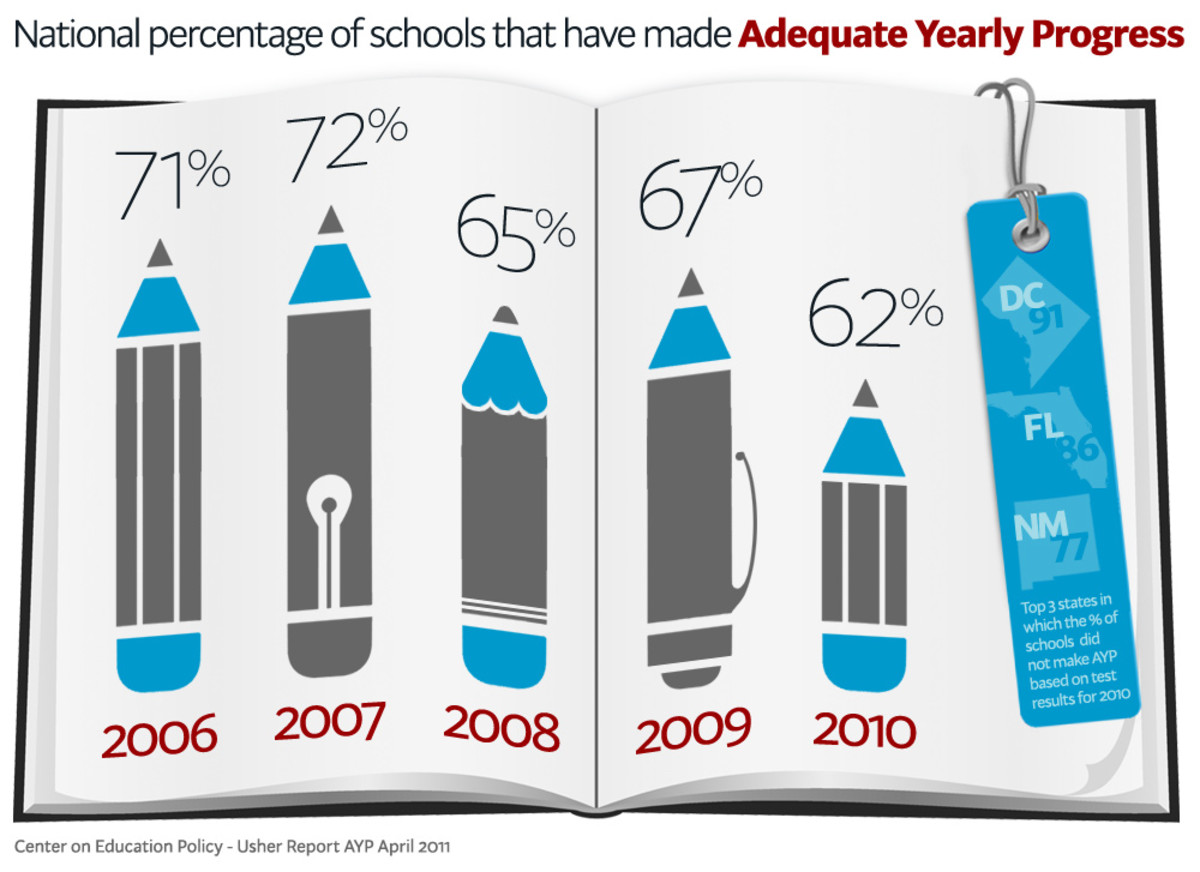What Career Should I Choose?

I Can't Decide on a Major
Do you ever look at your friends, in envy, because they know exactly what they want to be when they grow up? Your not alone! Many students have a hard time deciding on a college major. In fact, the average student changes their major three times.
Some of the reasons are that students:
- Have many interests, so it is difficult to narrow them to one major
- Have not assessed their interest, values, or goals
- Have not explored the wide range of majors at their school
- Have difficulty making decisions
- Fear they will get stuck with a major they don't like
- Fear a major will lead them to a career they dislike
- Are influenced by family expectations
- Know they like a specific subject area but don't know what they can do
- Are unsure of the job market

Strategies for Choosing a Major
- Assess yourself - People are the happiest when they do work that is in line with their values, interests, abilities and skills.
- Meet with a career counselor at your school - Counselors are trained to offer and interpret self-assessment tools and interest inventories. They can help you make the connection between majors and careers.
- Talk with your support system - Sometimes you need an outside opinion. Your friends, family, peers and instructors can offer great incite into your strengths and abilities.
- Explore through college classes - During you first years in college, you will be required to take some general education classes. These can help you decide what you like and don't like.
- Explore through the course catalog - Look for majors you didn't know existed and research them.
- Go to the academic department - Go to the departments of the majors you are interested in and gather as much information as you can.
- Take classes or workshops - take any opportunities that arise to learn more about yourself and different career options.
- Gain experience - Volunteer, work part time or join an internship in a field that interests you.
- Be creative with your major - Take classes you enjoy and then find a degree that fits those.
- Relax and reflect - Listen to your gut.
Self-Assessment
The first step from above is to assess yourself. This is the most important step. You need to decide what your values, interests, abilities and skills are.
Determine Your Values
To decide what is important to you, rank each of these items as 1 (Not Important), 2 (Somewhat Important) or 3 (Most Important). once you have finished, note which values you rated as a "3". These are the values you will want in your career.
Overall Values
| Career Factors
|
|---|---|
Security
| High Salary
|
Helping Others
| Freedom/Autonomy
|
Recognition
| Flexible Working Hours
|
Collaborating with Others
| Opportunities for Advancement
|
Serving Religious or Spiritual Beliefs
| Good Vacation/Benefits
|
Adventure
| Supportive Co-workers
|
Variety
| Working With Others
|
Serving Community Concerns
| Working Alone
|
Artistic/Creative Expression
| Telecommuting/Working From Home
|
Personal Growth & Learning
| Working Outdoors
|
Focusing on Family
| Social Environment
|
Others
| Job Status
|
Clean/Comfortable Environment
| |
Others
|



Determine Your Interests
Interests are the activities and subjects that draw you in and cause you excitement.
- Realistic - Working with your hands. Those with realistic interests typically have athletic or mechanical abilities. They also enjoy working with objects, machines, tools, plants, animals and in the outdoors. Possible careers include architect, optician, surveyor, laboratory technician, automotive mechanic, mail carrier, engineer, chef and truck driver.
- Investigative - These people like to observe, learn, analyze, evaluate and solve problems. They enjoy academic and scientific challenges. Possible careers include computer operator, pilot, mathematics teacher, surgical technician, doctor, economist and chemist.
- Artistic - Artistic people like to work in unstructured situations. Many are flamboyant, creative, innovative and imaginative. Possible careers include actor, commercial artist, public relations representative, editor, decorator, fashion designer and photojournalist.
- Social - Social people like other people. They enjoy training, informing, helping, enlightening, developing and curing. These people have strong verbal and written skills. Possible careers include social worker, minister, psychologist, parole officer, instructor, school superintendent, rehabilitation therapist and hair stylist.
- Enterprising - Enterprising people enjoy leading, influencing, persuading, performing, or managing to meet goals and achieve financial gains. Possible careers include small business owner, communications consultant, college department head, stockbroker, sales representative, restaurant manager and motivational speaker.
- Conventional - Conventional people like to work with data, have clerical or numeric abilities, are detail oriented and follow directions well. Possible careers include accountant, business teacher, court reporter, credit manager, secretary, military officer, office manager and title examiner.
Determine Your Abilities
Abilities can be put as something that comes easy to you. You may have an ability to understand math, play musical instruments or resolve conflict. Your abilities are innate talents that you could develop to their maximum potential by studying and practicing them.
Determine Your Skills
Your skills are things you have already learned and developed. Some may be career specific and others may be transferable skills from one occupation to another. Take a look at the table below and determine which skill area you have developed the most.
Skills Areas
People
| Data
| Mechanical
|
|---|---|---|
Instructing
| Analyzing
| Handling
|
Supervising
| Coordinating
| Setting Up
|
Negotiating
| Comparing
| Driving/Operating
|
Entertaining
| Computing
| Tending
|
Persuading
| Compiling
| Selecting
|
Return to Step 2
Once you have completed all of the parts to your self assessment, go back to step 2 of the strategies for choosing a major and complete the rest of the sequence.








